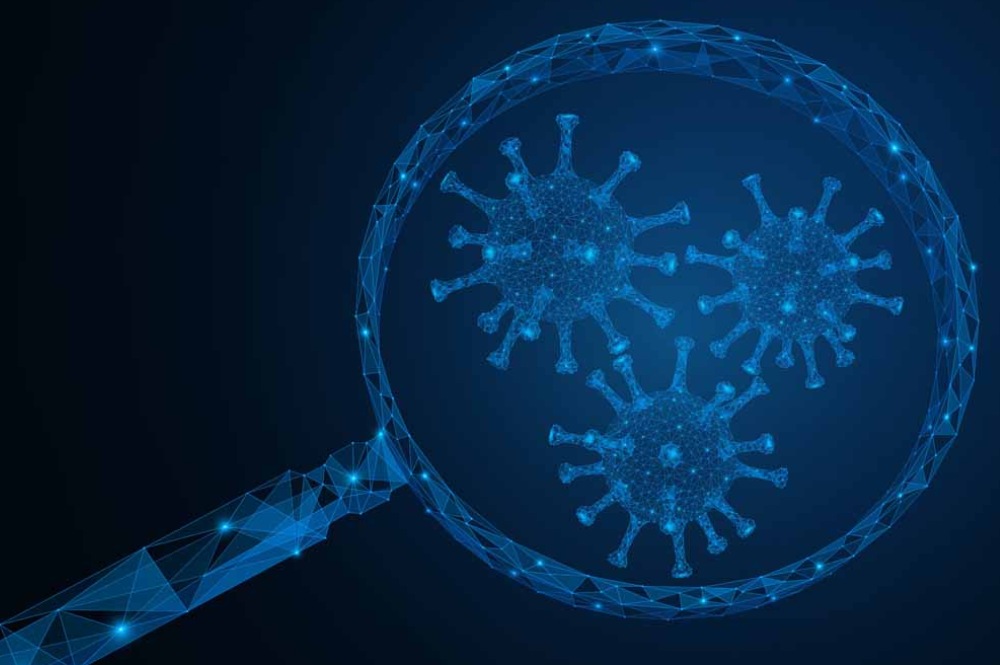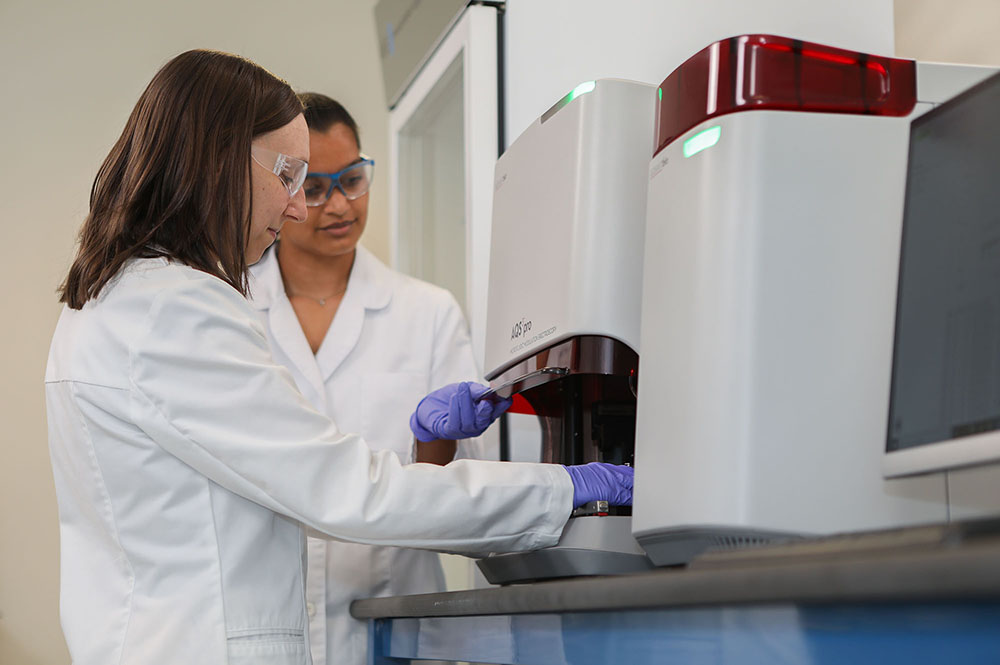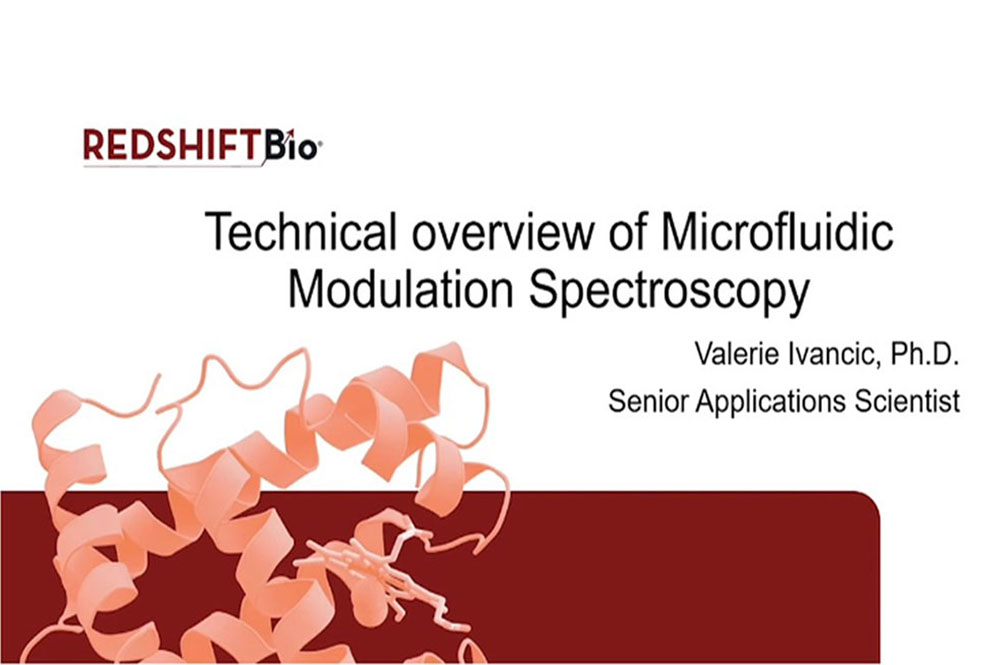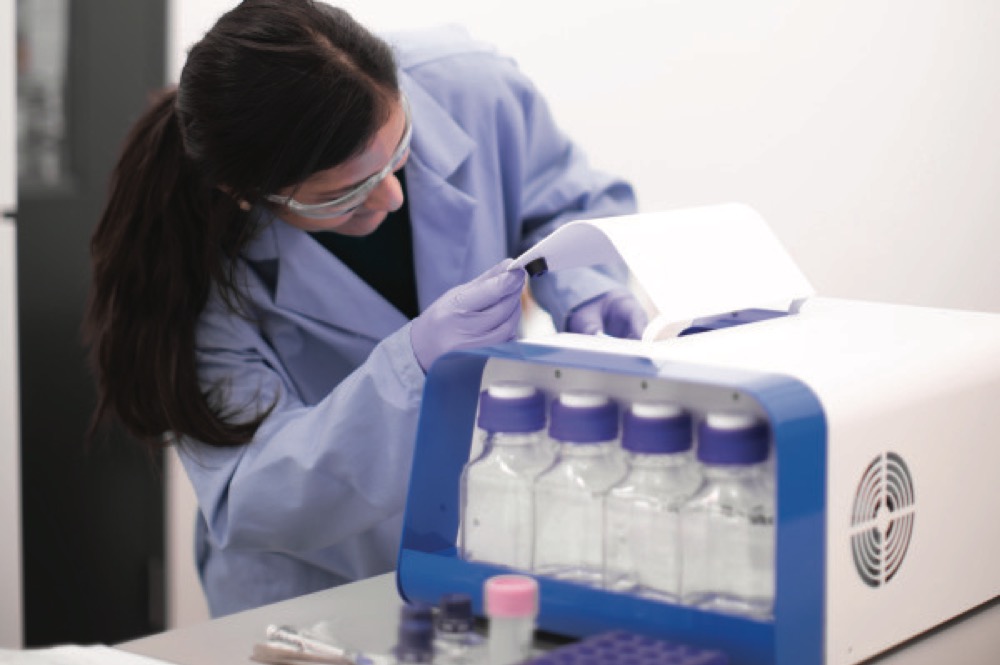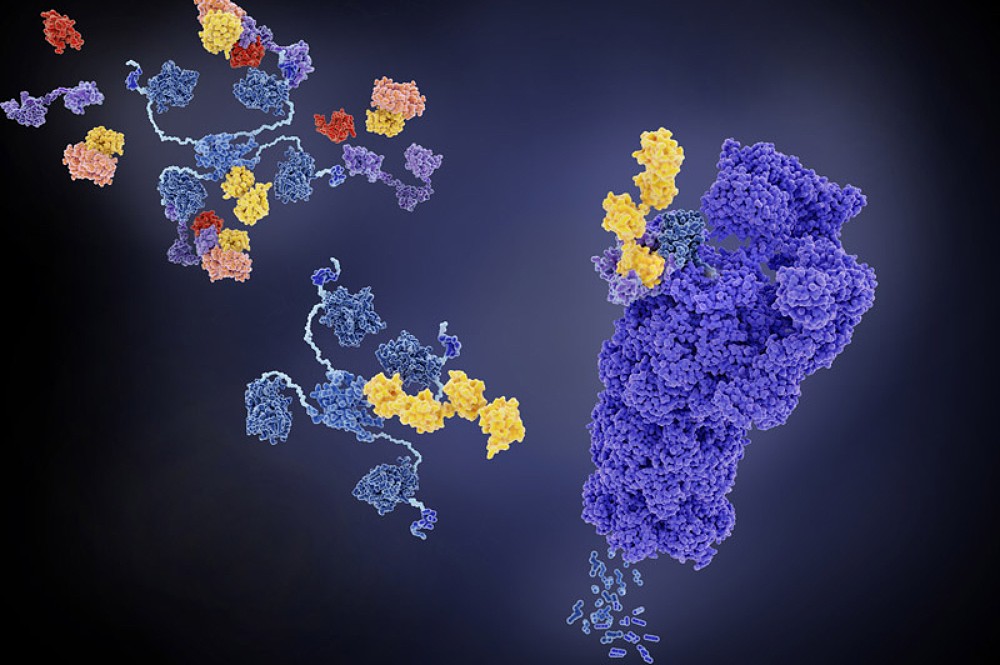- Food Science
-
Life Science
- Overview
- Cell Analysis
- Clinical Diagnostics
- Genomics
- Biopharma Solutions
- Lab Automation
-
Material Science
- Overview
- Industries
- Microscopy
- Particle Characterization
- Viscosity & Rheology
- Thermal Analysis
- Stability
Stability
Dispersions are unstable from the thermodynamic point of view; however, they can be kinetically stable over a large period of time, which determines their shelf life
- Surface Science
- Material Testing
Material Testing
Nav Desc
-
Pharmaceutical
- Overview
- Research and Development (R&D)
Pharmaceutical Research and Development (R&D)
The pharmaceutical R&D cycle is a complex and lengthy process that involves the discovery, development, and commercialization of new drugs. The entire cycle can take more than a decade and involves various stages, from basic research to clinical trials and regulatory approval.
- Pharmaceutical Quality Control
- Testing Services
- Products
- Insights
-
About us
- Overview
- News
News
Check the latest news from DKSH and our partners: new products, innovations, updates, etc.
- Who We Are
About DKSH Center of Excellence
The Center of Excellence, DKSH Technology is a regional hub for APAC in developing technical and application expertise for a wide range of leading scientific instruments.
- Contact Us
Contact DKSH Specialists
Get in touch with us and our expert support team will answer all your questions.



